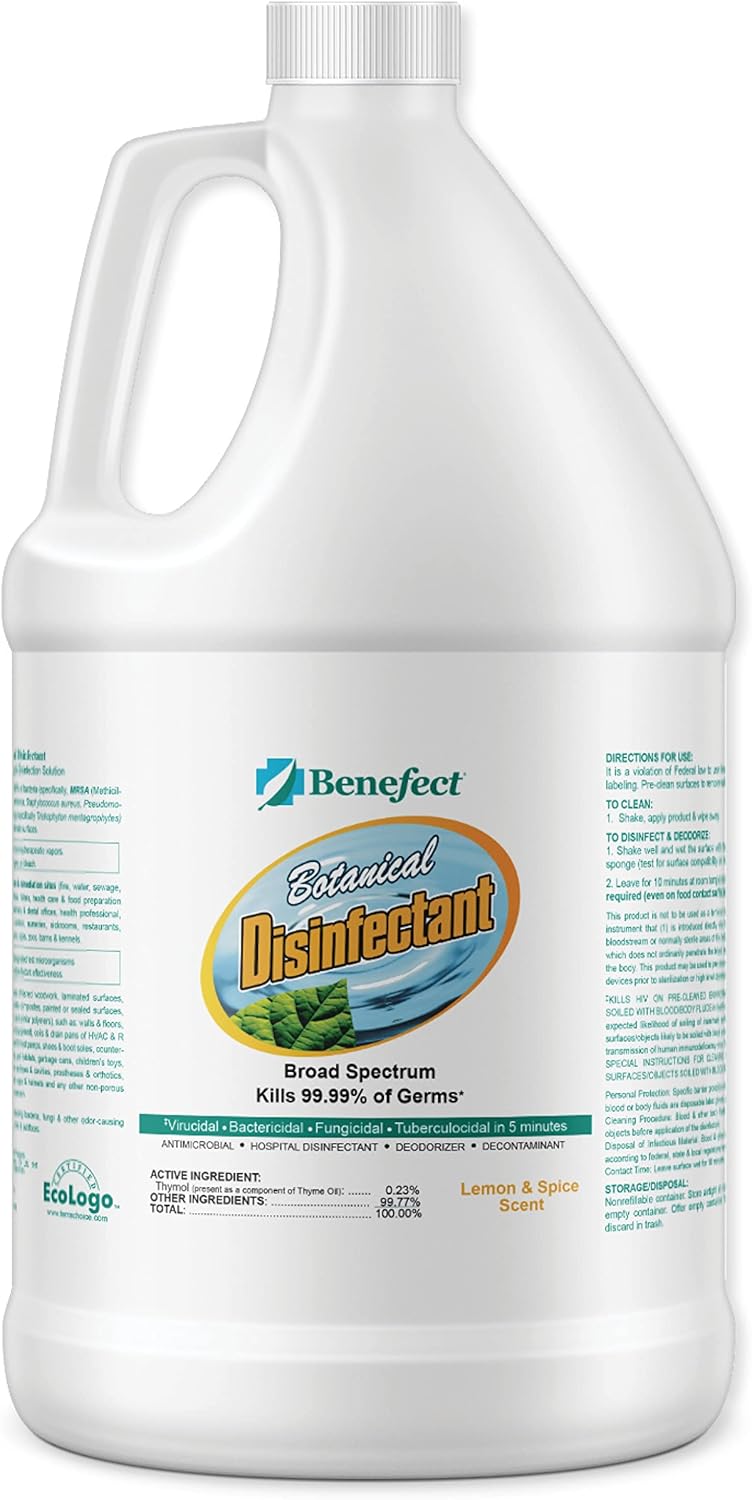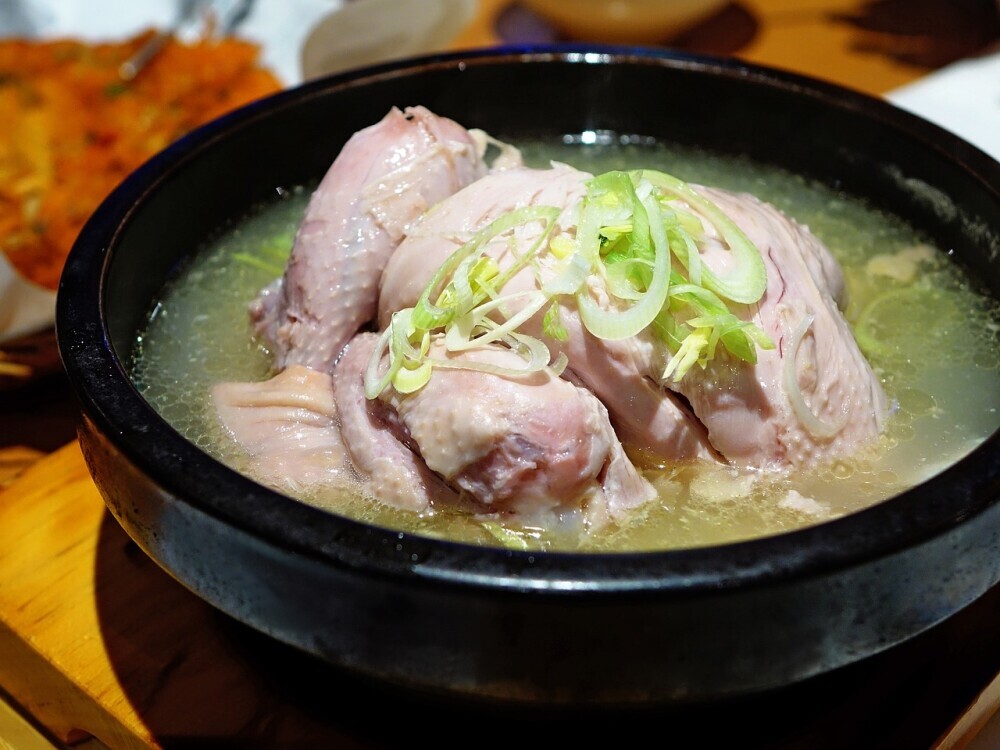Natural Home Remedies For Cold And Flu
Again, it’s the time of year when colds and flu get passed around. Nature has its own medicine cabinet, and what you can do with a few things from your kitchen or garden is impressive. Herbs are superstars when it comes to natural remedies for cold and flu. For instance, elderberry is known for its ability to shorten flu symptoms if you catch it in time, while echinacea might give your immune system the boost it needs.
Herbal teas are not just comforting but also healing. Imagine cuddling up with a warm cup of ginger or chamomile tea – both known for their anti-inflammatory and soothing properties. Ginger can help warm up those chills, while chamomile can relax your sore throat. Sip, relax, and let them work their magic.

Don’t underestimate the power of essential oils. A few drops of eucalyptus or peppermint oil in a diffuser can help clear up your sinuses, making breathing easier. With caution and proper dilution, these oils can also be applied to steam inhalation treatments – add to hot water and breathe deeply for relief.
Boosting your immunity isn’t just about what you eat; it’s about taking care of yourself. Consider adding local honey and lemon to your water for a vitamin-packed drink that’s soothing to the throat. A balanced diet and good hydration are your best friends when fighting off infections, keeping your body in defense mode.

Self-Care Strategies During Cold and Flu
Staying on top of your game when you’re down with a cold or flu isn’t easy, but it’s doable with some good self-care strategies. Keeping your energy up can feel like a full-time job when you’re sick. While binge-watching your favorite shows sounds great, getting proper rest is vital. Try balancing your time between resting and engaging in low-energy activities like reading or light stretching to avoid feeling drained.
Hydration is as important as everyone says it is. When you’re dehydrated, fatigue hits harder. Keep water or herbal teas on hand all day. Coconut water is another excellent option, packed with electrolytes to help keep your body balanced. Even when you’re not thirsty, drinking water or tea regularly throughout the day can keep you properly hydrated.

It’s also important to listen to what your body’s telling you. If you’re exhausted, it’s okay to nap. If your muscles are achy, consider a warm bath with Epsom salts. Little comforts can go a long way in easing your symptoms.
Breathing exercises can also help you stay relaxed and reduce stress. Simple exercises like deep breathing or guided relaxation apps can work wonders in helping you feel centered and calm. Remember, it’s about caring for both your body and mind.

Building of Vital Power: Deep Breathing
Creating a Cold and Flu-Safe Environment at Home
Keeping your living space clean and germ-free helps in recovery and prevents others from getting sick. Regularly wiping down surfaces with natural disinfectant can make a big difference. Focus on high-touch areas like doorknobs and countertops, making them less of a germ hotspot.

Benefect Botanical Broad Spectrum Disinfectant
Good airflow is vital in lessening the spread of germs. Crack a window or use an air purifier to keep the air fresh. This helps eliminate airborne viruses that love to linger in closed spaces. Run ceiling fans, room fans, and air movers to keep the air moving.
Humidifiers are your best friends when battling a cold. They add moisture to the air, relieving congestion and preventing your throat from getting too dry. Adding a few drops of essential oils, like lavender or eucalyptus, can make the experience more pleasant and therapeutic.
Creating a stress-free and supportive environment is often underestimated but matters a lot. A space where you feel comfortable and relaxed speeds up recovery. Whether having your favorite blanket nearby or a sunny corner to sit in, these little touches improve mood and well-being during recovery.
Nourishing the Body: Foods to Eat When Sick
When battling a cold or the flu, what you eat can make a big difference in how you feel and recover. Immune-boosting foods are your go-to. Think citrus fruits like oranges and grapefruits, which are high in vitamin C and are easy on a sore throat while slowly punching up that immune response.
Comfort is king when you’re sick, and certain foods help you feel your best while helping your body heal. Chicken soup is a classic because it’s hydrating and provides necessary nutrients without being too harsh on your stomach. Having tasty but hydrating options like broths or herbs infuses you and helps provide much-needed nourishment.

Fueling your body with small, frequent snacks can keep your energy steady even if your appetite drops. Nuts, seeds, and simple crackers paired with some cheese or hummus are great mini-meals that require little prep but pack a punch nutritionally.




Great post, Elridge! I usually rely on over-the-counter meds when I get a cold or the flu, but I’m really interested in trying some of these natural remedies you mentioned. I had no idea that elderberry could help shorten flu symptoms, and I love the idea of using essential oils to help with congestion. It’s nice to have some more gentle, natural options to complement what I usually take. I might have to add a cup of ginger tea to my routine the next time I’m feeling under the weather! Thanks for all the helpful suggestions.
– Scott
Many people tend to go to “big pharma” when they get a cold or flu. However, using nature’s medicine cabinet is surely cheaper and healthier. Elderberry and echinacea are two good examples of immunity fighters for colds and flu. Vitamin C is another example. Getting good sources of this vitamin helps immensely. My favorite is staying properly hydrated—that’s not just good for the cold and flu; it’s great for your general health.
This is a great article with helpful tips for natural cold and flu remedies. I appreciate the emphasis on self-care, hydration, and nutrition. However, it’s important to remember that while natural remedies can be effective, they may not be sufficient for everyone, especially in severe cases. Consulting with a healthcare professional is crucial to ensure proper diagnosis and treatment. Additionally, it’s essential to be mindful of potential allergies or sensitivities to herbs and essential oils. By combining natural remedies with medical advice and self-care practices, we can effectively manage cold and flu symptoms and promote overall well-being.